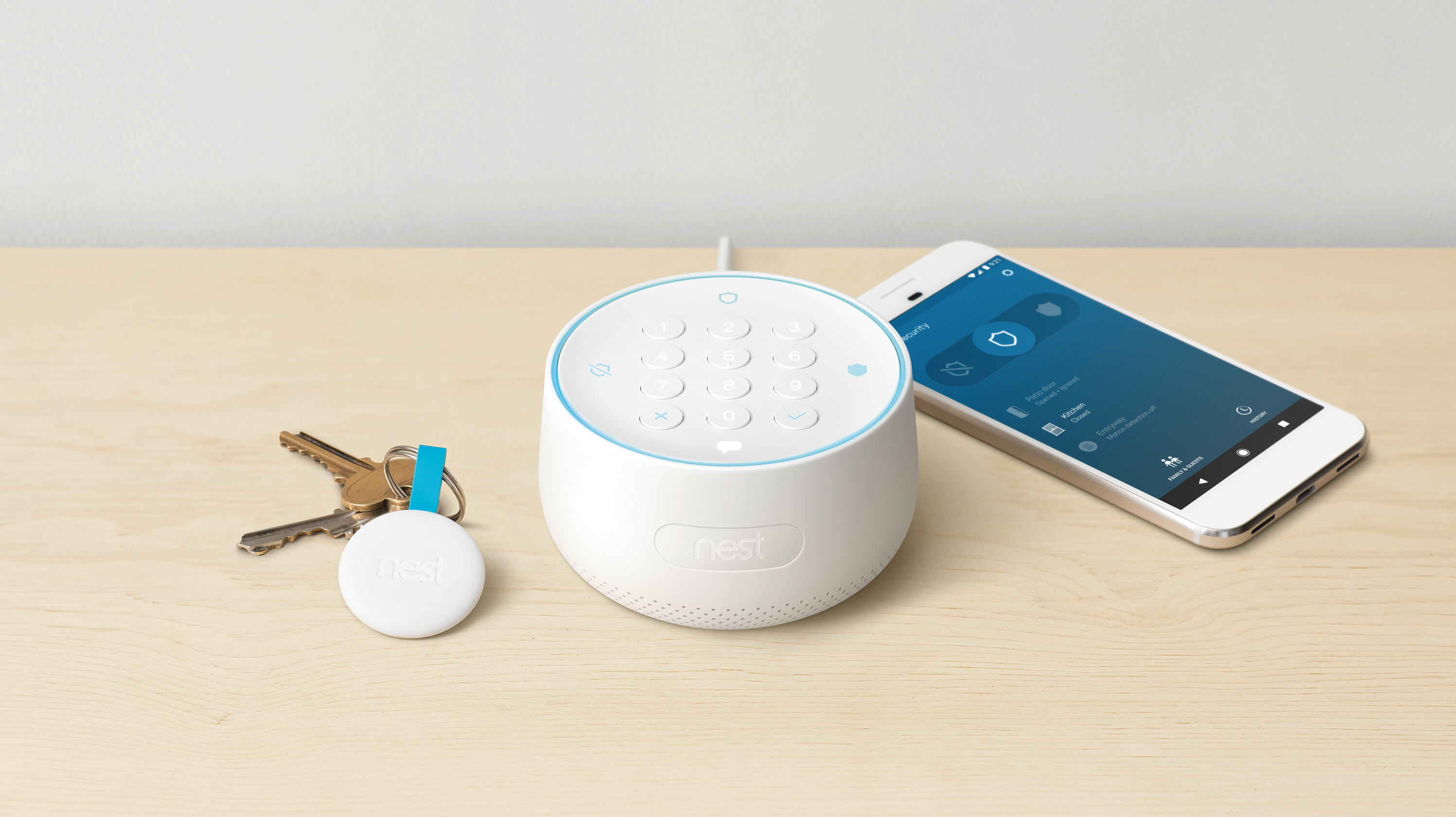Google Says Unlisted, Built-In Microphone on Nest Devices Wasn’t Supposed to Be ‘Secret’
It’s barely two months into 2019, but Nest has already had a bit of a year. After some hacking scares involving its line of home security cameras, Nest’s latest headache involves its modular Nest Secure security system. More specifically, a microphone that customers weren’t aware was included in the base device. And while Google admits it messed up, it’s definitely not convincing users the company has their best interest at heart.
Google, which owns Nest, announced earlier this month it was adding Google Assistant support for the Nest Guard—one of three products that make up its Nest Secure system. Overall, you’d think that’s a helpful feature but Google’s failure to disclose the Guard hub had a built-in microphone detracts from any benefit and has led to plenty of criticism of the company’s intent on Twitter.
When Nest Secure was announced back in 2017, the microphone was suspiciously absent from any tech specs for the product. And while you could technically issue voice commands to enable and disable the alarm, it required owners to have a separate Google Home device.
“The on-device microphone was never intended to be a secret and should have been listed in the tech specs,” a Google spokesperson told Gizmodo. “That was an error on our part.”
So have Nest Secure owners been unwittingly spied on all this time? Google says no. “The microphone has never been on and is only activated when users specifically enable the option.”
As for why the microphone was included in the first place, Google said it’s common for security systems to use microphones for features that rely on picking up different sounds. It also said the company “included the mic on the device so that [it] can potentially offer additional features to our users in the future, such as the ability to detect broken glass.”
All of that makes sense, but it’s unsettling in the wake of Nest’s recent privacy and security issues. A California family recently received false warnings through their Nest camera that North Korean missiles were about to strike, while last year, a woman was told through her cam that a man was going to kidnap her baby.
Google has since tried to urge Nest users to practice better security, including turning on 2FA and reseting potentially compromised passwords. But these efforts, while good in theory, put the onus on consumers when it wouldn’t be that difficult for Google to build better security into its products in the first place. Plus, it doesn’t help frazzled Nest users trust Google when it can’t be trusted to fully disclose the tech in its products to begin with.


Recent Comments